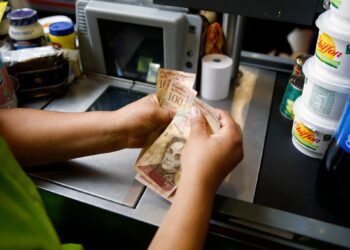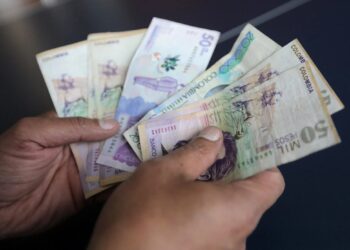The World Bank has advised Brazil to implement strategic taxes on tobacco, alcohol, and sugary drinks, which are major contributors to preventable diseases in the country. According to a recent statement, this initiative offers a significant opportunity to enhance public health and boost tax revenues if integrated into Brazil’s ongoing tax reform, Agencia Brasil reported.
The tax reform, enabled by Constitutional Amendment 132, proposes the introduction of a Selective Tax and is currently under Senate review. In 2025, lawmakers are expected to present an Ordinary Law aimed at implementing health-focused taxes, further advancing the reform’s goals. The World Bank’s report highlights that these levies could reduce the consumption of harmful products, such as tobacco and sugary beverages, which are associated with high mortality rates. Approximately 341,000 annual deaths in Brazil – or about 20% of the total – are linked to these products due to their role in diseases like cardiovascular conditions, cancer, diabetes, and chronic respiratory illnesses.
The affordability of tobacco and sugary alcoholic beverages in Brazil, especially in comparison to other Latin American and G20 countries, has contributed to their widespread use. The World Bank argues that increasing taxes on these products would not only discourage consumption but would also enhance tax revenue. By targeting low-income populations, who are more sensitive to price changes, these taxes could lead to substantial reductions in usage among vulnerable groups, where consumption-related deaths are most prevalent.
Senate deliberations on Complementary Bill 68/2024, which outlines the tax reform’s specifics, will commence after the municipal elections calendar. Senator Eduardo Braga, the bill’s rapporteur, has outlined a work plan approved by the Senate Constitution and Justice Committee, with debates expected to start next week. The World Bank has emphasized that implementing these taxes is an opportunity Brazil should seize to protect public health and enhance economic productivity.
















